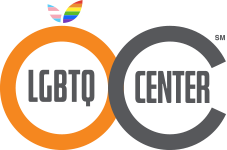
Are you LGBTQ youth of color (ages 13-26) seeking mental health counseling?
Self-care is choosing spaces where you don’t have to regularly explain the nuances of your identity or your culture.
Here’s a helpful set of questions to reflect on as you make the decision to contact us for trauma mental health counseling?
What does it mean when someone says they are an LGBTQ affirming, trauma informed therapist?
- They are working from an approach that validates, understands and uplifts the experiences of LGBTQ identities and relationships
Have you experienced bullying, discrimination, hostility, and verbal or physical abuse because of your sexual orientation and gender identity?
Do you have fears about coming out to your friends and family?
- This approach views LGBTQ identities positively and addresses the negative influence homophobia, transphobia, heterosexism, and racism have on the lives of LGBTQ folks.
- Do you have questions about navigating LGBTQ relationships?
- This approach understands the challenges that LGBTQ individuals and those in same-sex relationships may face.
- A trauma informed approach is working through a lens that understands the impact trauma has on us, and recognizing the signs of trauma.
Affirmative therapists also work on combating their own internalized homophobia or transphobia. This means that they are aware of how societal norms and biases might affect their own perception of the LGBTQ community and they actively work on overcoming these biases
It is ok to seek out an LGBTQ therapist or an LGBTQ affirmative therapist! You deserve to have a safe and affirming space for healing.
If you are ready to seek support or talk to someone from our staff, we are ready for you. Please follow the button below to continue on your journey.
